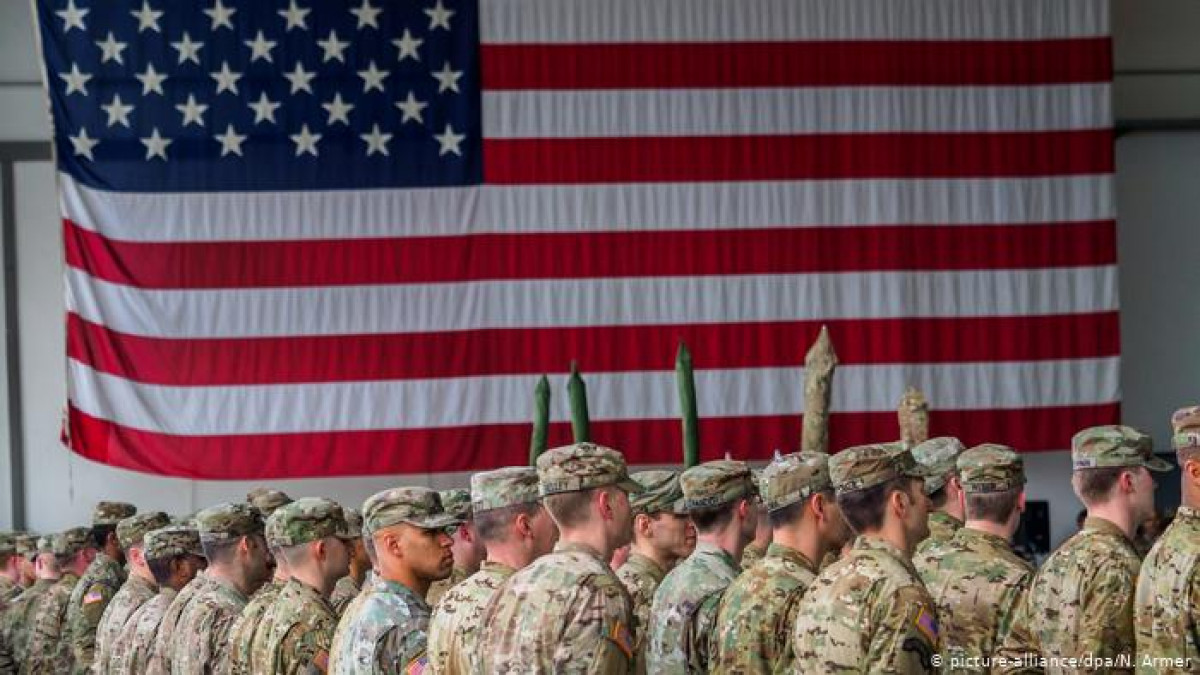 93
93
In the post-Cold War era, the United States developed a security strategy that linked its national security to global developments in numerous economic, political, and security realms.
As a consequence, the United States proceeded to systematically interfere in all corners of the world, and since 1945, numerous nations have been targeted in various ways by Washington’s interventionist measures.
The security situation in Central Asia altered considerably following the 9/11 terrorist events. The US military has been in the area for a long time, using the chance to battle the same terrorists they supported during the 1980s Soviet-Afghan conflict, in order to establish themselves in Central Asia and control its massive oil reserves.
Today, Central Asia is the world’s greatest energy producer, and the US is the world’s top energy consumer, making it the nation most dependent on energy resources from Central Asia. Maintaining control of Central Asia ensures the United States’ economic and political stability, worldwide leadership, and hegemony.
Following the US-led coalition’s invasion of Afghanistan in 2001, two key US military facilities were established in Central Asia: Manas International Airport in Kyrgyzstan and Qureshi Khanabad in Uzbekistan. Meanwhile, in the years that followed, US and NATO troops used airports and other logistical infrastructure in Kazakhstan, Tajikistan, and even Turkmenistan to assist the Afghan military. During this time, the amount of US financing to Central Asia rose dramatically, as did bilateral political and security ties. Simultaneously, as events unfolded, Americans came to the conclusion that their military presence in the Central Asian countries is no longer tenable. More than six years after the US military began to withdraw its forces from Central Asia, persistent suspicions linger that the area would house US military sites once again.
Only three months after assuming office, Joe Biden announced the gradual withdrawal of US troops from Afghanistan by September 11, 2021. Concurrent with the start of US troop departure from Afghanistan, the American mainstream media sparked a new wave of speculation about the possibility of establishing a US military outpost in Central Asia. Given the geopolitical significance of Central Asia, Washington’s establishment of military bases in the area would evoke strong reactions from the area’s two major countries, Russia and China.
Russia, the only nation with armed personnel stationed in Central Asia, is particularly suspicious of any newcomer. China, too, will be concerned about America’s reemergence in Central Asia owing to its long-standing rivalry with the US.
Beijing deems the increased US presence in Central Asia in the aftermath of September 11, as a threat. Indeed, the US military presence near the western Chinese frontiers has heightened Beijing’s security sensitivities as China plans to establish its ambitious Belt and Road Initiative through the volatile Xinjiang region.
In addition, establishing a US military base in one of the Central Asian countries could have serious repercussions, the most significant of which are: a) increased rivalry among the region’s major powers; b) competition among world powers in Central Asia would increase the likelihood of military clashes near the US supposed base; c) an American military base in Central Asia could aid the Saudi-backed ISIS terrorists to reemerge on a new and suitable basis.
Now that reports of ISIS operations in Syria and Iraq have surfaced, and the number of ISIS operations in Africa has increased considerably, Russian officials are concerned about the terrorist group’s reemergence in northern Afghanistan. In a more pessimistic scenario, Moscow views ISIS’s efforts in Afghanistan as a continuation of US vicious agendas, threatening Central Asia’s peace and stability.
Comment
Post a comment for this article